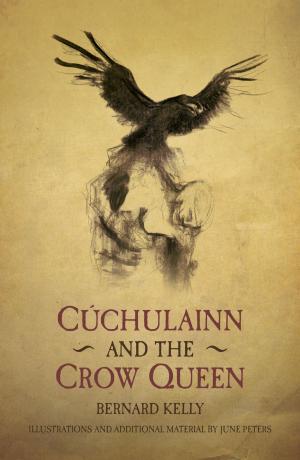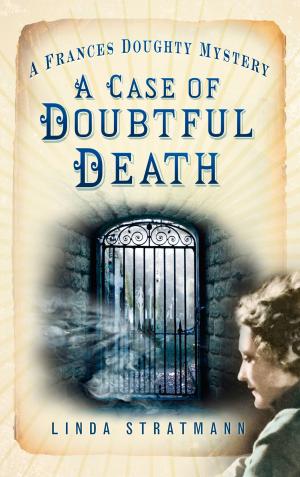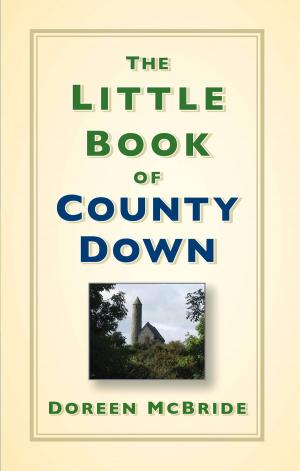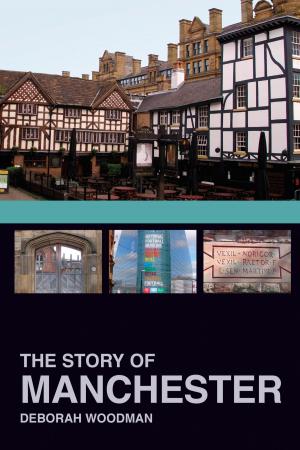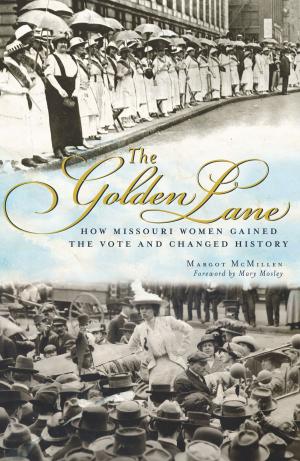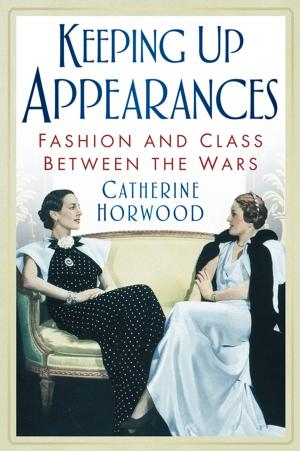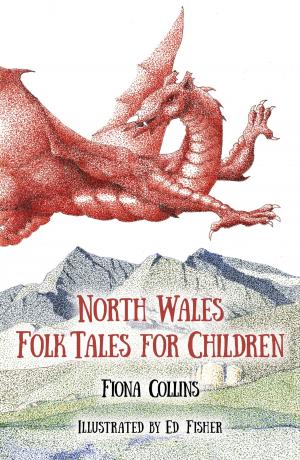Carnegie
The Richest Man in the World
Nonfiction, History, Americas, United States, 19th Century, Biography & Memoir, Historical| Author: | Raymond Lamont-Brown | ISBN: | 9780752495101 |
| Publisher: | The History Press | Publication: | April 30, 2006 |
| Imprint: | The History Press | Language: | English |
| Author: | Raymond Lamont-Brown |
| ISBN: | 9780752495101 |
| Publisher: | The History Press |
| Publication: | April 30, 2006 |
| Imprint: | The History Press |
| Language: | English |
This book charts the life of Andrew Carnegie, from Dunfermline bobbin boy to Steel King of America. The empire he forged in the steel furnaces of Pittsburgh was sold in 1901 for $480 million and Andrew Carnegie retired from business life as the richest man in the world. Carnegie was born in Dunfermline in 1835, but poverty forced the Carnegies to immigrate to Pittsburgh. Andrew was taken under the wing of Thomas A Scott, at Pennsylvania Railroad. Carnegie worked his way up and, after the Civil War, saw the potential in the iron industry and resigned from the Railroad. It was one of many bold moves that would typify Carnegie's life in industry and earn him his fortune. His steel juggernaut became unstoppable, and by 1900 Carnegie Steel produced more steel than Great Britain. After selling his company Carnegie, with his wife and daughter, returned to Scotland. He bought Skibo Castle in 1898 and here entertained King Edward VII, the Rockefellers, Rudyard Kipling, Lloyd George, and Helen Keller. He was one of the first to call for a 'league of nations' and he gave away 350 million dollars in charitable schemes.
This book charts the life of Andrew Carnegie, from Dunfermline bobbin boy to Steel King of America. The empire he forged in the steel furnaces of Pittsburgh was sold in 1901 for $480 million and Andrew Carnegie retired from business life as the richest man in the world. Carnegie was born in Dunfermline in 1835, but poverty forced the Carnegies to immigrate to Pittsburgh. Andrew was taken under the wing of Thomas A Scott, at Pennsylvania Railroad. Carnegie worked his way up and, after the Civil War, saw the potential in the iron industry and resigned from the Railroad. It was one of many bold moves that would typify Carnegie's life in industry and earn him his fortune. His steel juggernaut became unstoppable, and by 1900 Carnegie Steel produced more steel than Great Britain. After selling his company Carnegie, with his wife and daughter, returned to Scotland. He bought Skibo Castle in 1898 and here entertained King Edward VII, the Rockefellers, Rudyard Kipling, Lloyd George, and Helen Keller. He was one of the first to call for a 'league of nations' and he gave away 350 million dollars in charitable schemes.


